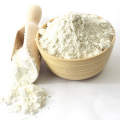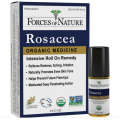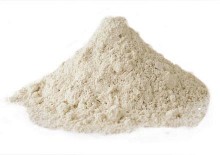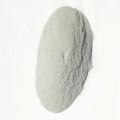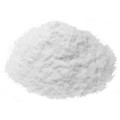 Loading... Please wait...
Loading... Please wait...- Home
- About Us
- Shipping, Returns & FAQ's
- Contact Us
-
For Your Information
- Canadian Customers Have a Choice if Shipping Via UPS
- Aura Cacia Homemade Aromatherapy Recipes
- Bella Nella Altered Art & Paper Crafts Blog
- Forms of Herbal Preparations
- Laundry Tips To Conserve Energy Blog from The Laundress
- The Story of Frontier Natural Products Co-Op
- Sovereign Silver Hydrosol and Aloe Protocol Stops Downward Spiral of Gut Dysbiosis
- Disclaimers
- Recommended Links
- RSS/Recent News
- The Story of Typhoon Housewares
- Reviews/Testimonials
- Raw Ingredients for Mfg
- Home
- Supplements
- Amino Acids
- L-Lysine Amino Acid USP Powder Pure Natural Bulk
- Home
- Raw Materials
- Acids
- L-Lysine Amino Acid USP Powder Pure Natural Bulk
L-Lysine Amino Acid USP Powder Pure Natural Bulk
Product Description
Lysine is an amino acid found in the protein of foods such as beans, cheese, yogurt, meat, milk, brewer's yeast, wheat germ, and other animal proteins. Proteins derived from grains such as wheat and corn tend to be low in lysine content. The bioavailability of lysine is reduced with food preparation methods, such as heating foods in the presence of a reducing sugar (ie, fructose or glucose); heating foods in the presence of sucrose or yeast; and cooking in the absence of moisture at high temperatures. The average 70 kg human requires 800 to 3,000 mg of lysine daily.
Lysine is an essential amino acid in human nutrition because the body cannot produce it; therefore, it must be taken in either by diet or supplementation.
Lysine has been studied for the prevention and treatment of herpes infections and cold sores. It also increases the intestinal absorption of calcium and eliminates its excretion by the kidney, suggesting that it might be helpful in osteoporosis. Lysine has been investigated for its effects on increasing muscle mass, lowering glucose, and improving anxiety.
Suggested Dosage:
Lysine may be dosed from 1 to 3 g daily to prevent or treat herpes simplex infections, reserving the higher dosages for breakouts. In addition to the amount found in the average American diet, L-lysine given at doses in this range appears to be safe for use in adults and prepubertal children.
Contraindications
Lysine supplementation should not be used in patients with too much lysine in the blood or urine. Patients with liver and kidney impairment should avoid supplementation with lysine. If use is warranted, patients should consult a health care provider.
Pregnancy/Lactation
Lysine should be used with caution in pregnancy and lactation.
Interactions
Use of calcium supplements with lysine may be associated with increased absorption and reduced elimination of calcium. Aminoglycoside toxicity may be enhanced in patients taking lysine supplementation.
Side Effects
GI adverse reactions, such as diarrhea, nausea, and abdominal pain, have been reported with lysine ingestion. A case report described the development of the kidney disorders Fanconi syndrome and tubulointerstitial nephritis associated with lysine supplementation taken over a 5-year period.
Toxicology
High oral doses of lysine are likely to be safe. Doses of 100 mg/kg given to 2 patients with Parkinson disease were not associated with adverse effects.
Scientific Name: 2,6-diaminohexanoic acid, alpha-epsilon-diaminocaproic acid
Origin: USA
Notes: CAS #56-87-1. Melting Point: 224 C. Water soluble. Non-irradiated. Non-GMO. Sold and labeled as for further manufacturing. Individuals must exercise their independent judgment in determining its appropriateness for a particular purpose or use. As with any manufacturing process, we suggest a small, lab-scale manufacturing for evaluation purposes prior to full commercial manufacturing.
Specifications are subject to change without notice.
* FDA disclaimer
References
Drugs.com
Lysine. Review of Natural Products. Facts & Comparisons. St. Louis, MO: Wolters Kluwer Health Inc; February 2011.
Virologists Report
You Recently Viewed...
Currency Converter
Choose a currency below to display product prices in the selected currency.




